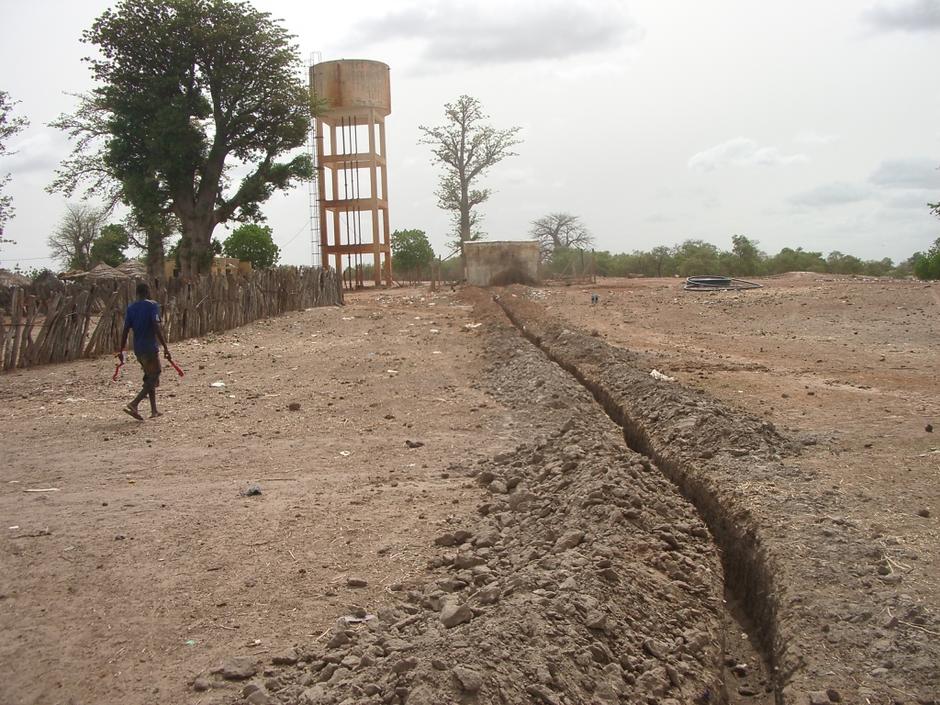
Humanitarian & Development
- Location:
Nguékhokh (Kaolack, Fatick), Sénégal - Sponsors:
Thirith Boun-Chan
Hélène Lebedeff
Pierre Ascencio - Grants:
€60,000 to the Selection Committee at 30/03/2010
€57,000 to the Selection Committee at 10/4/2018
€15,500 to the Selection Committee at 28/11/2018
€15,000 to the Committee meeting of 04/01/2021
€60,000 to the Board of Directors meeting of 22/11/2021
Project leaders
Nguékhokh economic interest group
South-east of Dakar, the Kaolack region is experiencing a problem of access to drinking water. Due to the proximity of a stretch of sea water, the salinity level in the groundwater is much too high for food consumption. The fluoride level is also abnormally high (3.5 mg/l), to the point that it is harmful to health: in particular, it produces cases of osteoporosis and paralysis.
Drinking water by membrane treatment at an affordable price
In 2011, an NGO tried to come up with a reliable solution. With the support of the Veolia Foundation, it rolled out a mini water supply project adapted to the specific environment of the region using the Waterpower process, a Veolia Water Systems innovation: water pre-treatment using reverse osmosis technology, disinfection treatment and pH adjustment. Staff received training and part of the water produced was consumed directly by the population of the commune at a price below 600 CFA francs per m3. The surplus production, sold by the Borehole Users Association (Asufor) to the populations of the Kaolack region, made it possible to increase the revenue set aside for the renewal of the installations.
In 2012, the 1985 borehole was damaged and operation of the infrastructure ceased. In 2017, following several repair attempts, the public authorities finally committed to constructing a new deep borehole, which was commissioned early 2018.
Sustainability and replication
The second stage of the project, still monitored and supported by the Veolia Foundation, consists not only in making permanent what was installed in Nguékhokh but also in considering duplicating the model elsewhere.
Sustainability is of real importance. At Nguékhokh, the pilot scheme is feeling the effects of the prolonged outage of the station's operation. Two successive management committees have not reached the break-even point of water sales, causing water production to stop for several days. However, the failure to operate the unit regularly presents both a financial and technical risk: durability of the membranes which would become the medium for bacteriological development; and quality of the water distributed after the reverse osmosis water has stood for a long time in the tank of water treated at a high temperature).
A consultant commissioned by the Foundation spoke with the economic interest group to identify the mechanisms for better water marketing. The populations must be made more aware and realise the importance of water to consumers. The Veolia Foundation decided to support implementation of these measures in 2021.

